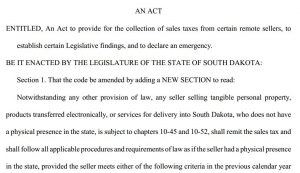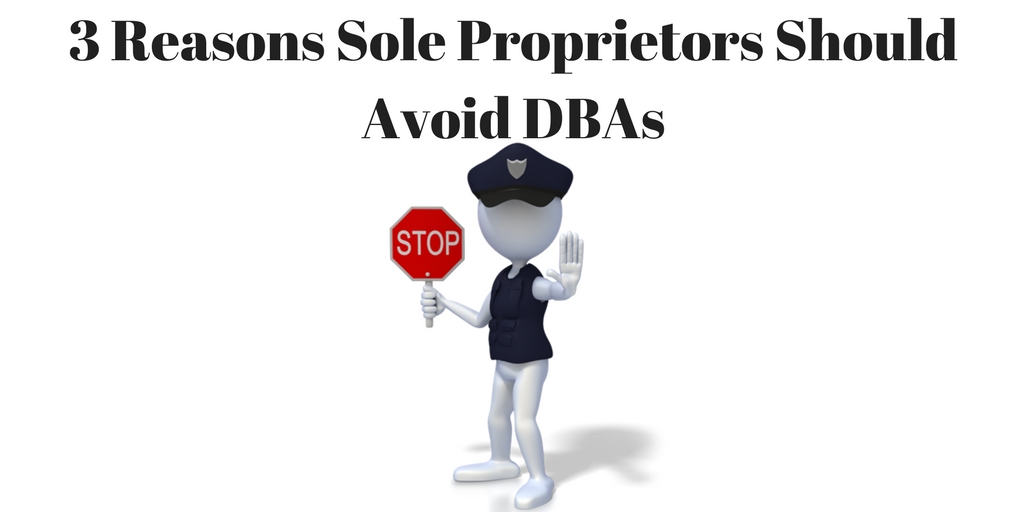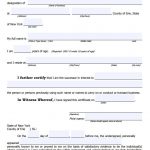Business owners seeking to protect their proprietary information or invention have many different options. The most common method that people think of is patent protection. Depending on the complexity of the subject matter, patents can be expensive to draft, prosecute, and defend. Additionally, not all information that a business may find valuable will fall under the umbrella of patentable subject matter. Where can a business turn to protect their valuable information that is not protected by a patent?
The simple answer is to turn to trade secret for protection. The same protections that have protected the iconic taste of Coca-Cola, Google’s proprietary search algorithm, McDonald’s Big Mac special sauce recipe, as well as WD-40’s secret formula can be put to use by your business to efficiently and effectively protect your business’ information.
What is a Trade Secret?
A trade secret can take several forms. For instance, a trade secret could be a formula, pattern, compilation of data, computer program, or device. Practically, with trade secret protections you can protect any information that is valuable to your business that you keep secret. In order to receive common law legal protections for a trade secret, the information must meet a few requirements.
Trade Secret Requirements
First, the information must actually be economically valuable. That is, what you are seeking to protect must convey some kind of economic benefit to the holder. For example, a curated client list satisfies this requirement because the list is valuable to a competitor in the field. Think of this as the secret sauce.
Second, the information must be secret. This requirement is a bit confusing because secret here means not widely known by the public. You do not need to keep the information you wish to protect as a trade secret absolutely secret. Your business’ managers and employees are free to possess and use the secret knowledge for the benefit of the business. The secrecy requirement is closely tied to the economically valuable requirement. If your competitors and the public are generally unaware of the information then it is likely valuable to your business.
Third, the holder of the information must have taken some kind of precautions to keep the information secret. You can satisfy this requirement, for example, through non-disclosure or confidentiality agreements that prevent employees from sharing your valuable, secret information.
What is Trade Secret Misappropriation?
Trade secret misappropriation is legalese that simply means that some bad actor stole your business’ valuable information and either used it or disclosed it in a way that harmed your business. There are a few requirements to meet in order to assert a claim of trade secret misappropriation in state court.
Information is a Trade Secret
First, the holder of the trade secret must prove that the information met the requirements for a trade secret. Business-owners often overlook this initial step. You or your business’ conduct prior to the trade secret theft could potentially be detrimental to your ability to recover for the trade secret theft. For example, if your business does not have a confidentiality agreement in place with your employees, vendors, or potential business partners then the courts may find that your business did not do enough to protect your trade secret.
Trade Secret Acquired Through Confidential Relationship
Second, trade secret misappropriation requires that the bad actor acquired the trade secret information as a result of a confidential relationship with the holder of the trade secret. For example, if you hired an employee who signed a non-disclosure agreement and then upon leaving your business that employee spread confidential information protected by the non-disclosure agreement, you or your business could potentially pursue that employee for trade secret misappropriation. However, if you disclose the information outside of that confidential relationship, it is likely not actionable (think of an inventor or entrepreneur’s elevator pitch).
Here, it is important to note what trade secret misappropriation does not cover reverse engineering. Reverse engineering of a trade secret is not trade secret misappropriation. This is the big trade-off associated with trade secret protection. Unlike patent protection, trade secret protection does not prevent use of the secret information. Instead, trade secret protection only prevents a bad actor bound by some kind of agreement from violating that agreement. Trade secret provides another cause of action to help to protect the internal workings of your business that set you apart from your competitors.
Unauthorized Use or Disclosure
Third, trade secret misappropriation requires that the bad actor has either made unauthorized use of the trade secret information or has disclosed the secret information. For example, this requirement would be satisfied if a disgruntled ex-employee of Coca-Cola who signed a non-disclosure agreement shared Coca-Cola’s secret formula on the internet.
Potential Remedies for Trade Secret Misappropriation?
Remedies for trade secret misappropriation fall generally into the two buckets. First, pursuing trade secret misappropriation as a cause of action allows the court to enter injunctive relief. If a disgruntled ex-employee is sharing your company’s secrets online on social media, a court can order that ex-employee to stop spreading your business’ trade secrets. A judge can enter this order early in litigation before any arguments on the merits of the case have begun. This is a time and cost-effective way to protect your business’ trade secrets.
Second, juries have been extremely sympathetic to businesses harmed by trade secret misappropriation. Juries have awarded huge awards in the past. For example, in a case recently heard in a Texas state court involving a Quicken Loans company allegedly stealing the trade secrets of a Silicon Valley real estate start-up, a jury awarded the start-up over $706 million dollars to compensate the start-up for the theft of its trade secrets.
Trade secret protection is a valuable option for businesses seeking to protect the inner workings of their businesses.
For more information, or to speak with an attorney about protecting your business, please contact our office for a free consultation.
Disclaimer: This blog is made available by Kloss, Stenger & LoTempio for educational purposes only. It is not intended to provide legal advice nor form any attorney client relationship between the reader and Kloss, Stenger & LoTempio. You should always seek professional advice from a licensed attorney for any legal questions you may have.












